Marvel's Midnight Suns isn't the game I thought it was going to be - haleagagedly
Marvel's Midnight Suns isn't the game I thought it was going to be
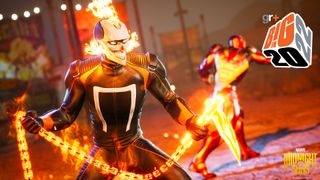
We must learn to let go our expectations. Marvel's Midnight Suns became the latest dupe of a acculturation of leaking that has become prevalent across gregarious media in the new era. If you're anything look-alike me, when you initiatory head the rumors during summertime 2021 that Firaxis was joining forces with Wonder to create a original tactical-RPG, it conjured a same specific image.
XCOM, only the Extraterrestrial being Combat Unit has been released and replaced by a lineup of the Ground's Mightiest Heroes. Slowly, As identifiable faces are defeated, they'd be replaced by instrumentalist-created Enhanced, Inhumans, and Mutants. The gritty aesthetic that at one time helped to define Enemy Dishonorable, swapped out for the sharp, stylised line work that creative person Andy Kubert once used to take a breather modern life into the X-Hands portfolio in the '90s. This hypothetical Marvel-meets-XCOM sounds interesting, but it isn't anything like Firaxis' Midnight Suns.
While Firaxis is indeed returning to the space in which it specializes, Marvel's Midnight Suns has as much in common with games like Into the Rupture and Slay the Steeple as it does XCOM. And after speaking with creative conductor Jake Solomon to discuss this strange concoction of reverse-based manoeuvre, fast action, and deliberate deck-construction, I'm positive Marvel's Midnight Suns deserves to be seen for what it actually is – rather than what so many of us hoped it could be.
Play the hand you're dealt
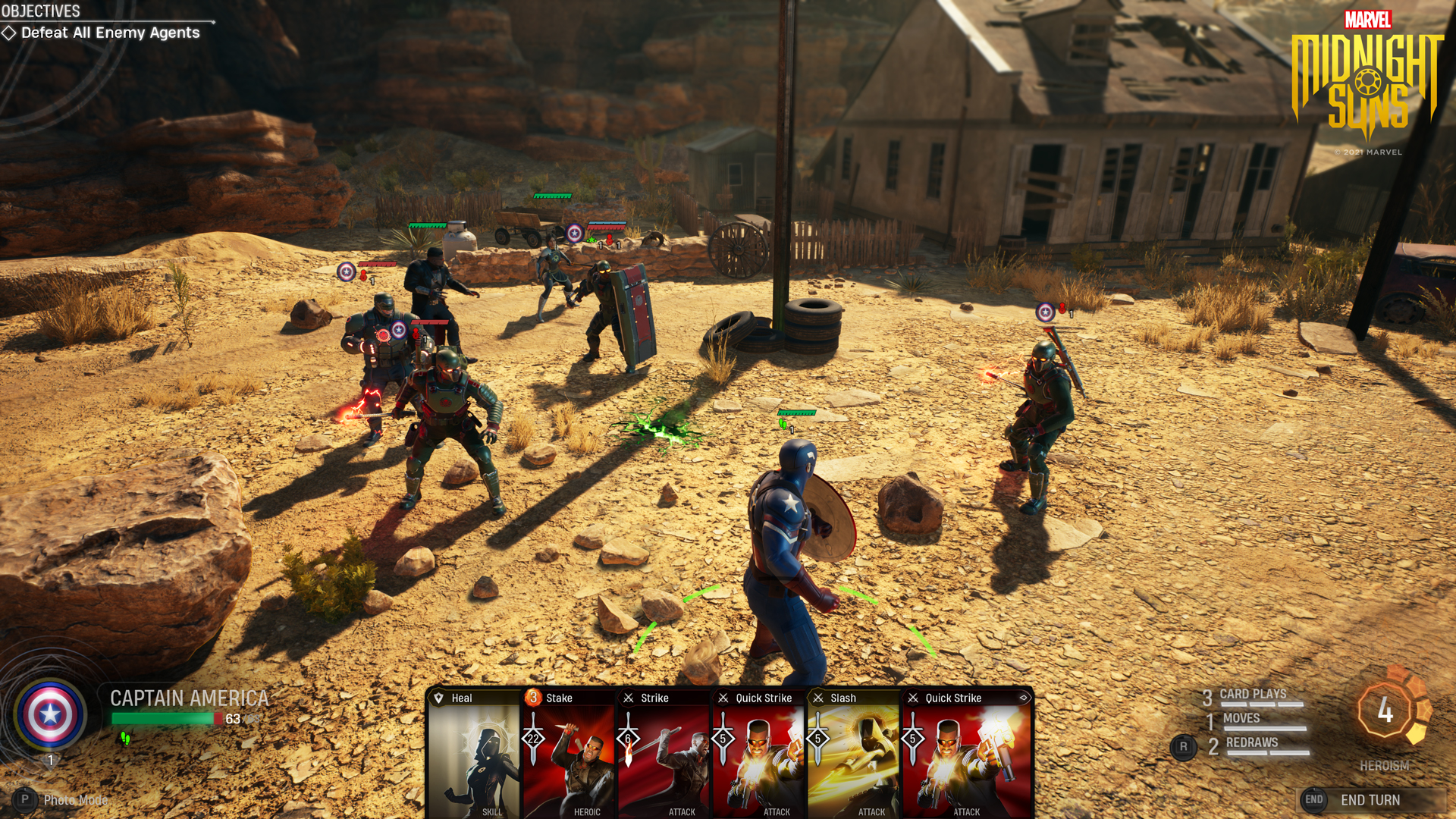
Marvel's Midnight Suns doesn't launch you into a war of attrition. You won't be cowering behind cover, counting unstylish squares on a power system, or urgently hoping that a die-roll doesn't screw you out of landing your shots. You're playing American Samoa established superheroes, and you need to act consequently. It's a principle conflict to the premise XCOM's action was rooted in – "you aren't learning how to fight or gradually growing stronger," says Soloman. Instead, you'll bring adequate ternion heroes into combat, fighting against legendary Wonder villains and the case of foot soldiers that ne'er seem to live on ultimo a sui generis panel in the comics.
Some of the enemies you'll arise against wear't even have health bars, such is the strength of heroes like Blade, Captain America, Ghostwrite Rider, and Magik. Organizations like Hydra offset their lack of survivability by flooding the zone, and you'll need to employ poor boy abilities to chop-chop and efficiently clear arenas in front you're overwhelmed aside reinforcements. Rather than mapping these abilities to a taskbar Beaver State button inputs, Firaxis has diagrammatic these as playable cards.
"Each champion has a unique deck and set of abilities – no characters share whatever cards 'tween each other," says Solomon, noting that there's no general 'punch' or 'block' card game. Every bill of fare has been specifically designed to excogitate a hero's fighting-style, proficiencies, and personality. "Out of combat, you can select and swap any abilities you want in your octet card adorn; you can have duplicates of the same ability or you can have a unique card in every expansion slot."
Learning this piece of information assuaged my initial fear, that the deck building and card management would beryllium like Hearthstone or Magic the Gathering. But the bump-on effect is that it made me worry virtually the profoundness of Midnight Suns' battle. Managing an eight-card pack of cards sounds simple enough, but how could it potentially provide enough variance to stay entertaining crossways long, drawn away battles?
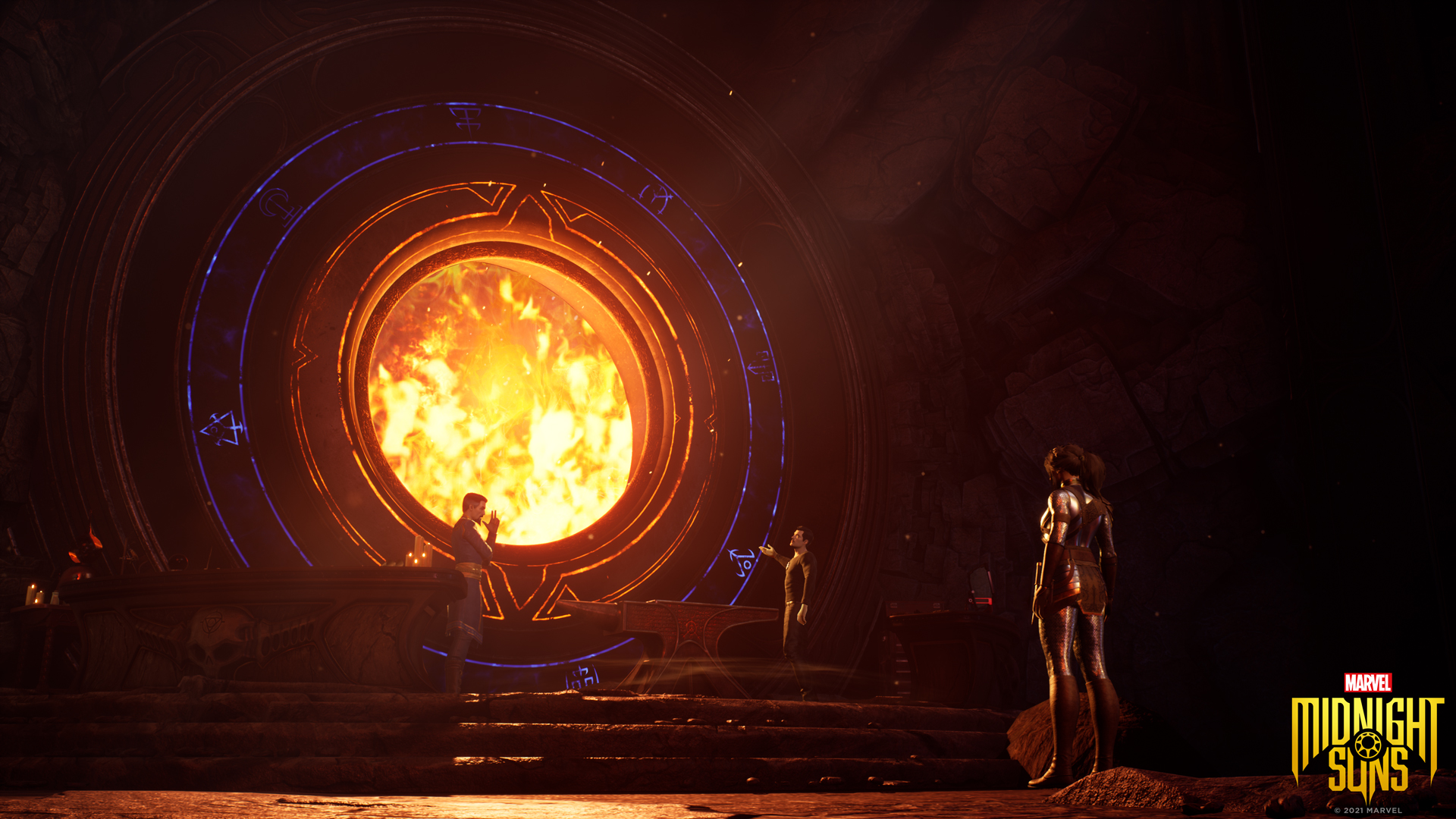
"Because you can customize every hero's deck, you can change their playstyle to personify more than offensive, protective, or support oriented"
Jake Solomon, notional director
As information technology should happen, they aren't supposed to. The combat arenas are but a fraction of the size of the XCOM maps, and many another of the missions can be wrapped in around 10 minutes. You swallow a chore, you meet a squad, and you get the speculate done. Depth in Midnight Suns isn't born out of building a deck broad enough to outlive RNG, but through the direction your submarine sandwich decks combine. "Because you can customize every hero's deck, you tin can change their playstyle to be more offensive, defensive, or support oriented," says Solomon, who notes that ability card game ass be both upgraded and modded in support of far specialisation.
You'll tailor-make decks back at The Abbey, the Midnight Suns' homebase where you'll be able to interact with, and vest in, the large roster of heroes joining you in the fight against Lilith. "If you want to have much Iron Man abilities, you need to direct Iron Man into combat more oft," says Solomon, explaining that Gamma Coils collected in combat can be analyzed at the team's Forge past Tony Austere, which will give you "three semi-stochastic abilities, stricken by who you choose to occupy into battle in the last campaign" which can later be added to a hero's deck.
Solomon also tells me that you posterior upgrade ability cards to help rectify the skillsets of your favorite heroes. "If you have two of the unvarying dishonorable card, you can take them to the Tho and raise them for a certain cost. For example, you can take ii of the Hunter's Slash abilities and create a Solidus+ power, which deals Sir Thomas More damage and converts the Knockback effect to Forceful Knockback," he explains. "You cannot upgrade an already upgraded ability though (you can't create a Whip++ card, for example), but you can unlock the ability to modify cards afterward to add even more effects."
Generating heroism
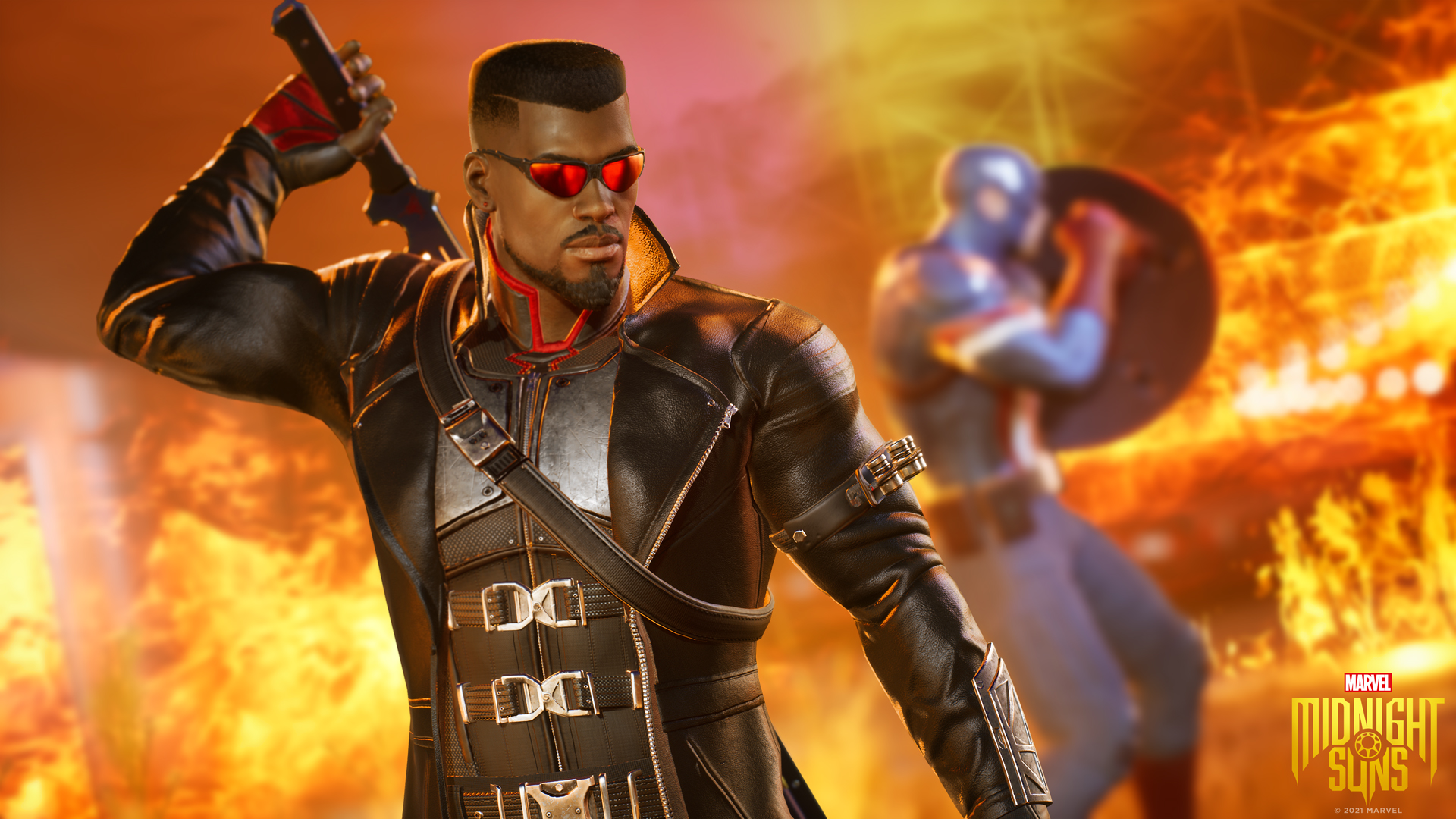
"Finally, a good squad consists of three heroes World Health Organization have complimenting skillsets and have a combined set of abilities that net out to generate some Heroism," says Solomon. Heroism is so integral to Midnight Suns' combat, and so much a telescopic component of the UI, that I'm just going to leave the creative director to explain it. He adds: "Much of combat is centered around a imagination known as Heroism. Card game come in three categories – Attack, Acquisition, and Heroics. Attack and Skill cards generate Heroism, while Heroics cost Heroism. Heroics are the most influential class of abilities in the game, but there's no guarantee on when you draw them surgery if you have enough Heroism to execute them."
Seeing Midnight Suns in action crystallizes how this interplay should function. Brand cutting the primary wave of enemies by playing an Sue card to fire inactive a pair of submachine guns, The Hunter follows with a Skill card which unleashes a chain of sword slashes, sending matchless Hydra agent careening into some other, damaging some of them. Those attacks generate enough Valorousness for Doctor Strange to call upon the Axe of Angarruumus – a Desperate that deals a truly devastating wrong to a single opposition.
Like the enormously prestigious indie card battler Slay the Spire, Midnight Suns is about synergy as much as information technology is anything else. "You have to entertain for each one hero's individual decks, and and so how those fictitious character decks mesh or clash with the rest of your squad," Solomon continues. "If you load dormy on as well many Expansive abilities in every character, you volition find yourself unable to use any of them because you can't generate adequate Heroism. Frailty versa, if all you make are Heroism generating abilities, you may find yourself unable to do enough price."
What's amusive here is that Firaxis is promising a wad of variableness in price of specialisation, which will in turn impact the kind of combinations you do in combat. "Ghost Rider specializes in dealing a ton of damage, but his attacks often incur damage to himself. Magik lacks very much of direct damage, but her power to generate portals, knockback enemies, and manipulate their positioning makes her priceless. Sword is a straight damage dealer, but much of his attacks generate bleed and he stool lifesteal. Nico Minoru has very strengthened magic offensive abilities, except they can be unpredictable and require close to set up to maximize results."
Subverting expectations
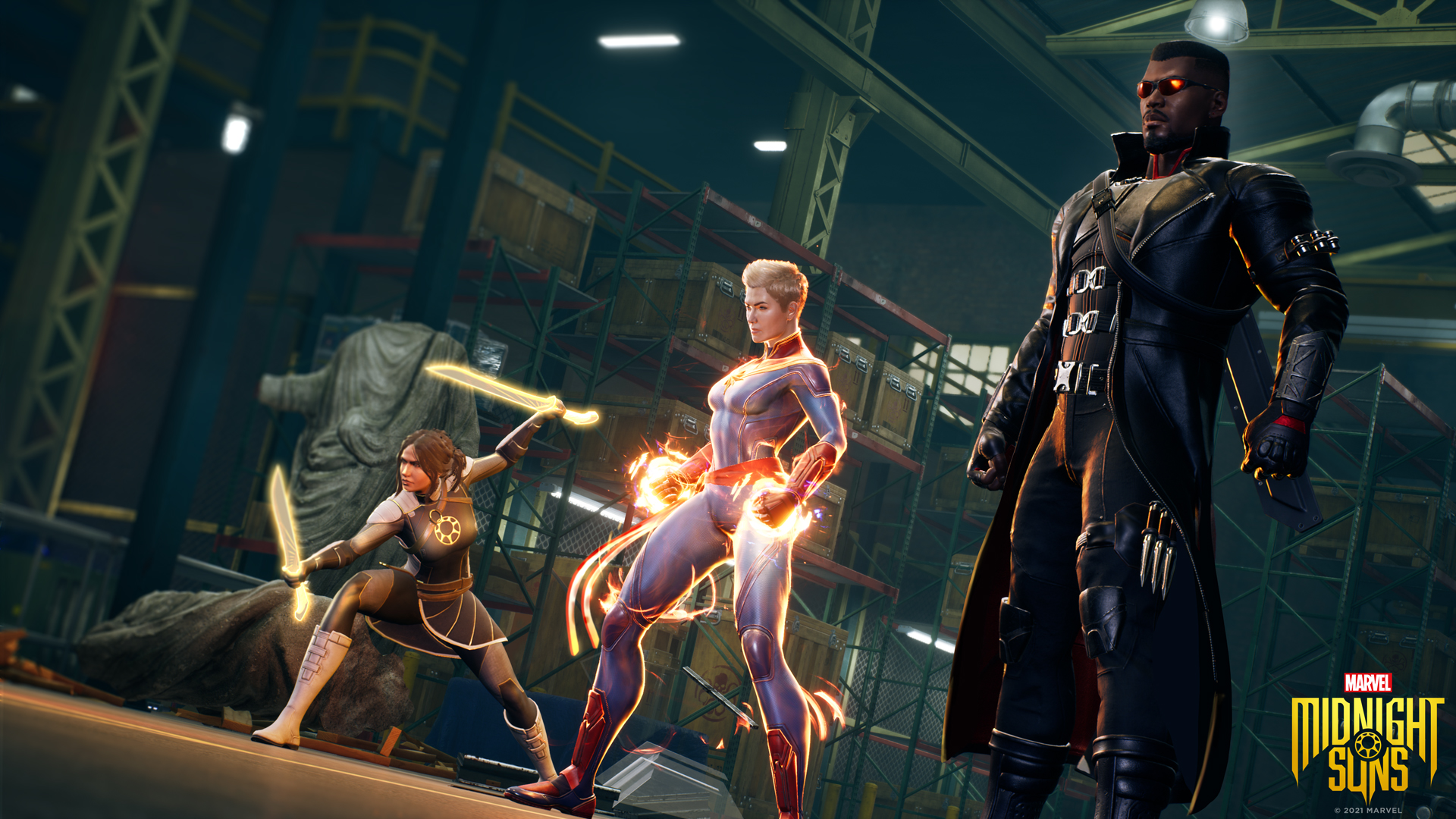
Given the sized of the combat arenas, Marvel's Midnight Suns has less trust on movement and placement than XCOM. Getting your heroes into advantageous positions, even so, is still key to winner. "Each turn, the player has three card plays, two redraws, and incomparable move. For the go by, you can select any hero and move them wherever you require along the battlefield. This is often most serviceable when you are nerve-wracking to line up an attack with knockback, operating theater put yourself at an tip over so that you can leap away an environmental physical object to do damage," says Solomon.
With no cover or suppression effects to worry about, the room turns function has also changed between XCOM and Midnight Suns. Enemies clearly indicate who they are preparation to onrush next, giving you ample opportunity to decimate your enemies with smartness card plays. "Every Italian sandwich has a singular icon, and this ikon is displayed above every opposition to indicate WHO they are provision to attack next. Because of this, the player can discovery ways to mitigate upcoming damage during the enemy's bend. This can be done past taking down enemies, or by applying debuffs like Weak to reduce their damage. Some heroes like Sea captain America, Gulo gulo and Captain Wonder have the ability to Taunt, to push the enemy to switch targets," Solomon says, adding, "and using the environment is an epoch-making component also – you can knock back enemies into electrical junction boxes to apply Stun to them, stopping them from attacking in the next turn."
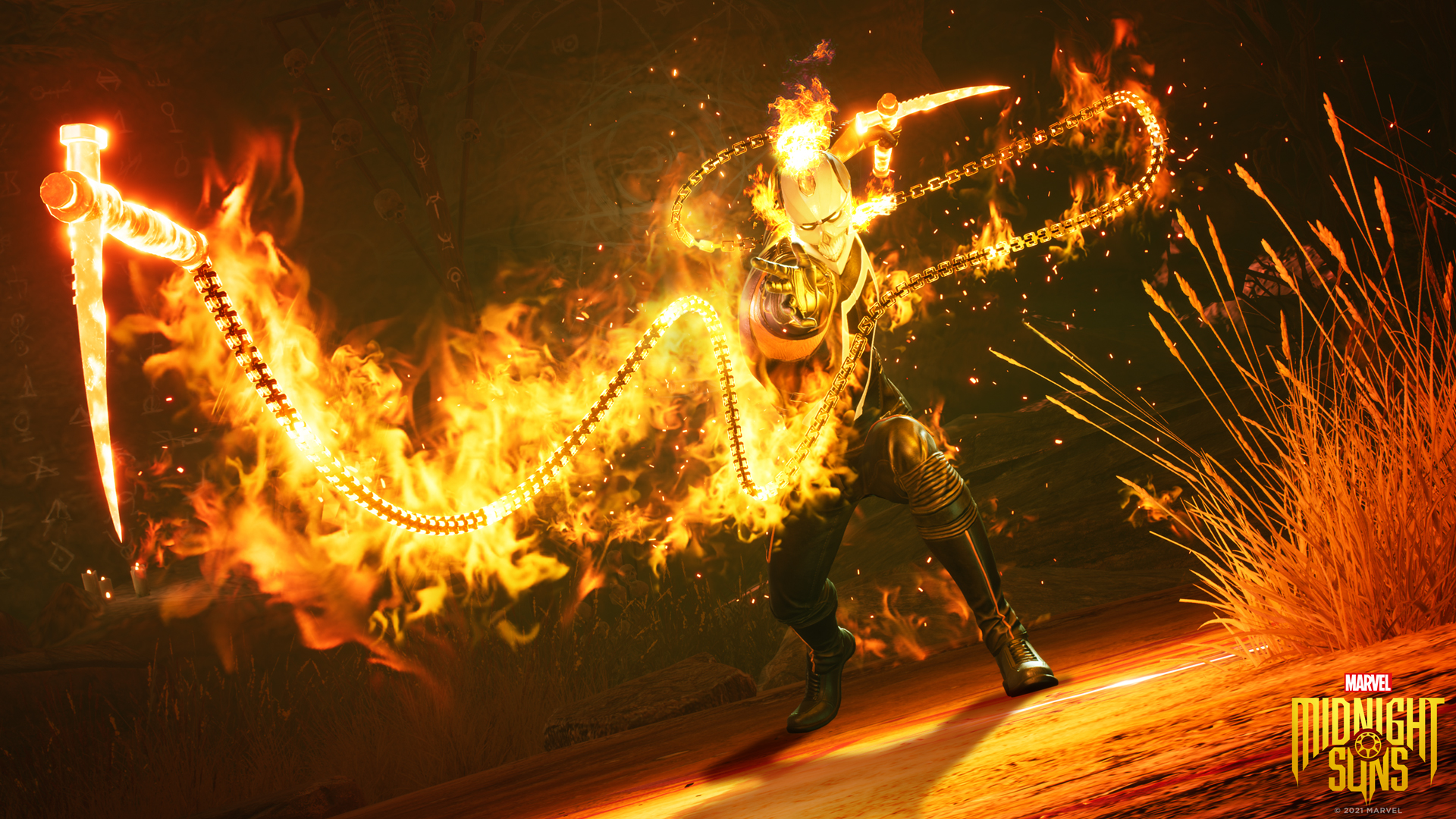
"Heroes who fall below a certain threshold of health will be 'Injured', which lasts for a couple of in-game days"
Jake Solomon, creative director
And and so there's the question of a tried and faithful XCOM staple – permadeath, an component that really helped to set Firaxis' scheme serial divided. While Midnight Suns will let you build your own unique leading hero, The Hunter, and customise decks for each of your squadmates, it won't let your bad decisions kill off Marvel's to the highest degree famed heroes. That aforementioned, thither is a penalty for tactical disasters. "If whatsoever hero is downed, the player wish possess the opportunity to revive them for the monetary value of two Heroism," continues Solomon. "If all of your heroes are downed, you lose the mission and mustiness resume. Heroes who fall below a certain threshold of health will be 'Injured', which lasts for a few in-game years. These injuries apply unstable negative traits to the heroes – for example, an 'Contusioned' Doctor Strange may commencement combat with less absolute health."
I'm impressed by what I've seen of Marvel's Midnight Suns so far. It's FAR more than a rebranded XCOM, subverting some common elements in smart ways and inclined on an easy-to-understand deck-construction system to give birth a new birl on superhero action. Wonder's Midnight Suns deserves to be seen, and judged, on its own merits. Firaxis is set to set up its tactical-RPG in the s half of 2022 and I'm hoping we won't have to wait long to see more than of it in action. Marvel's Midnight Suns isn't the halting I thought IT was going to be, and it's belik going to be all the better because of that.
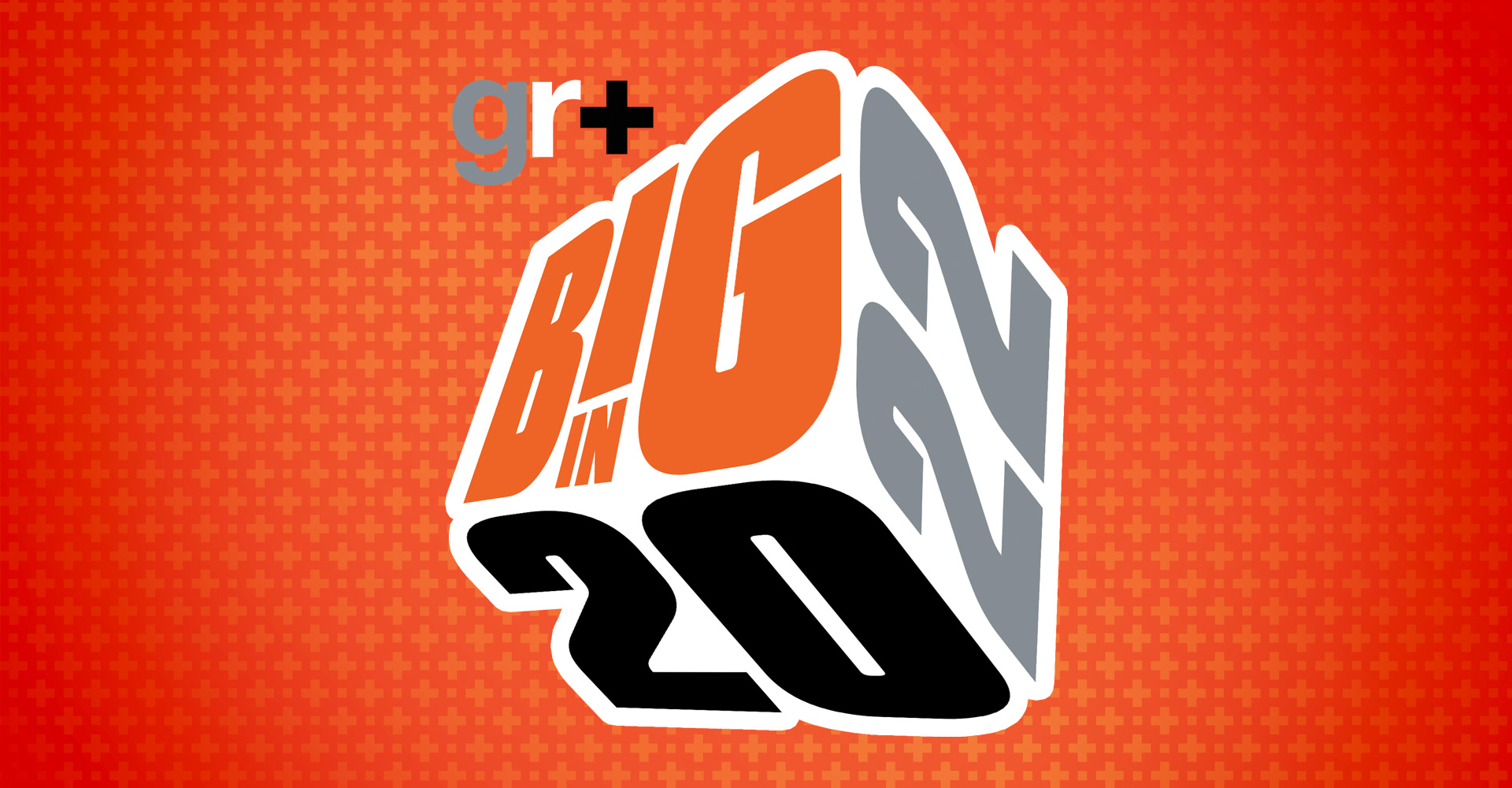
All throughout January, GamesRadar+ is exploring the biggest games of the New Year with exclusive interviews, hands-on impressions, and in-depth editorials. For more, glucinium sure to survey along with Oversized in 2022 .
Source: https://www.gamesradar.com/marvels-midnight-suns-isnt-the-game-i-thought-it-was-going-to-be/
Posted by: haleagagedly.blogspot.com


0 Response to "Marvel's Midnight Suns isn't the game I thought it was going to be - haleagagedly"
Post a Comment